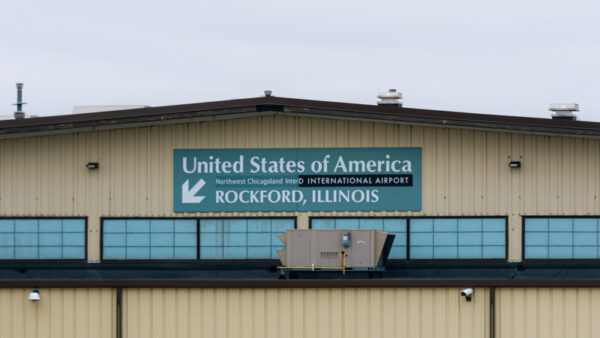The German government is to pump €50bn into the country’s rail network to fund a 10-year modernisation programme, according to newspaper Bild am Sonntag.
Within that figure, according to Bild, the finance ministry wants to invest more than a €1bn a year in the rail network’s maintenance between 2020 and 2025, and a further €2bn annually between 2025 and 2030. The German government currently spends €3.5bn a year on rail maintenance.
The spending will come despite the fact that Deutsche Bahn (DB), is struggling with a debt pile of €20bn.
A spokesman for DB, Europe’s largest rail operator, refused to comment on the report but said it favoured extending the planning period from five to 10 years.
“We would gain additional planning security, could coordinate our construction activities even better and further reduce the associated impact on rail traffic,” DB said.
The extra spending comes in response to concerns over the safety and performance of Germany’s ageing network. Last month, the company launched a year-long €10.7bn modernisation project. This will upgrade around 1,500km of track, along with 650 stations and 300 bridges.
DB also appointed an efficiency czar after punctuality fell to 70%. Last month, one in four trains ran late, as well as more than one-third of DB’s high-speed ICE trains – which DB blamed on overuse of its tracks, which in some sections stands at 140%.
As of 2015, Germany had a railway network of 33,331km of which 19,983km were electrified and 18,201 km were double track.
Image: The intercity express locomotive St Ingbert makes its first trip (Lantus /CC BY-SA 3.0)
Further reading:






